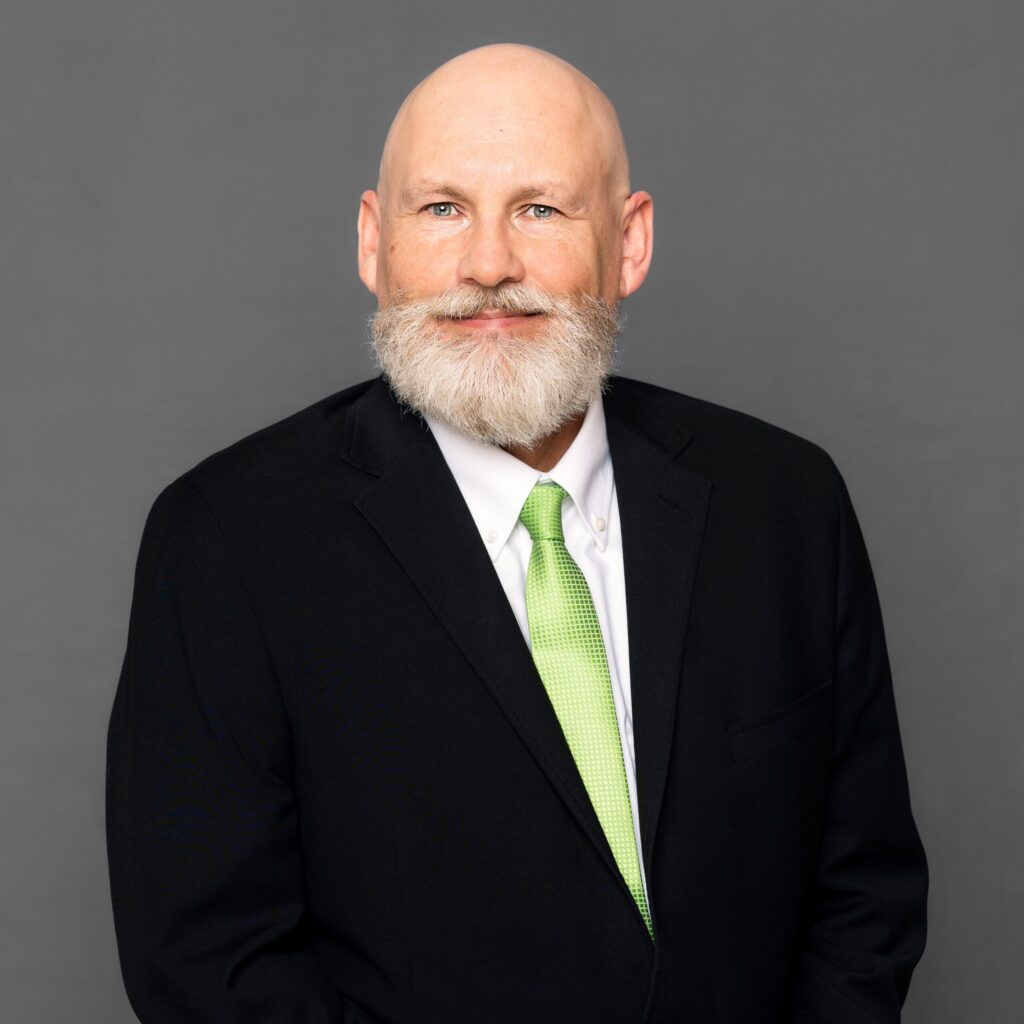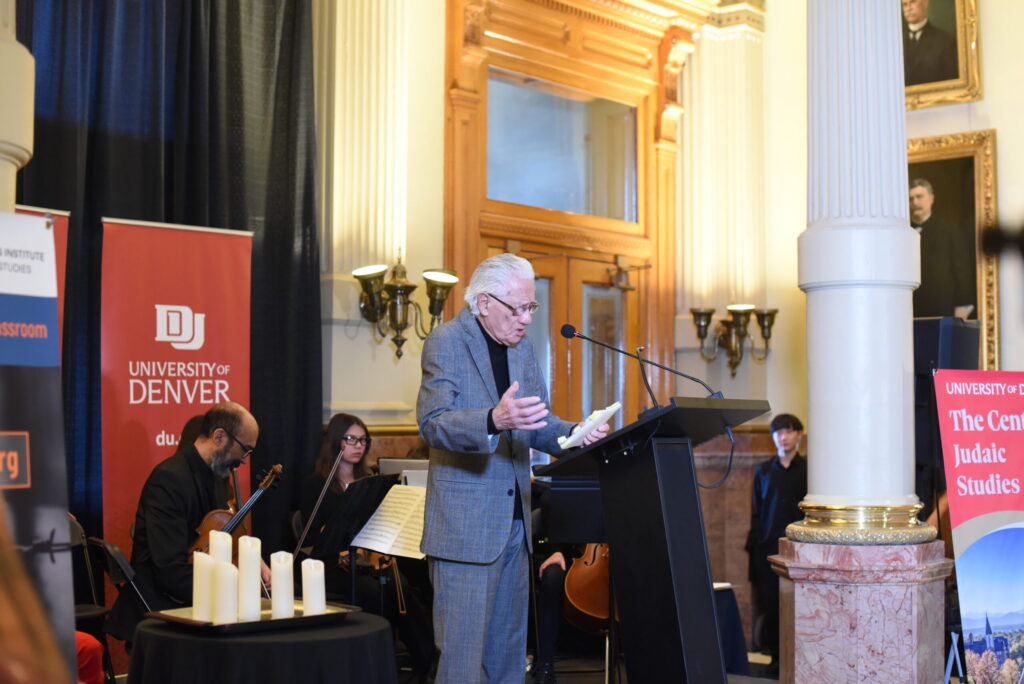RFK Jr. urges governors to make America healthy again at National Governors Association
U.S. Secretary of Health and Human Services Robert Kennedy Jr. visited Colorado Springs to urge Gov. Jared Polis and other state leaders to combat a “poison” that’s “bankrupting our states”: processed foods.
Held Saturday at The Broadmoor, Kennedy sat down with multiple governors at the summer meeting of the National Governors Association to have a fireside chat about his “Make America Healthy Again” campaign. Kennedy focused on a quest against chronic disease, calling on governors to help.
Kennedy said the U.S. has a chronic disease and spiritual crisis, stating processed foods, social media and cellphones are the “primary drivers” for creating an epidemic that has children growing up unhealthy and depressed.
“This is an apocalypse,” Kennedy told the moderator, Tennessee Gov. Bill Lee, and the audience.
Kennedy spent most of the 45-minute chat discussing how states need to focus on changing the diets of their citizens. He pointed to studies conducted in juvenile detention centers that he claimed show changes to diet can not only make you healthier physically but mentally.
A law Kennedy said would be “easy” for governors to implement is making it a requirement for medical schools to teach nutrition, and asserted that physicians are taught how to treat patients with drugs instead of with food. In April, Kennedy spoke at an event in North Carolina and proposed withholding federal funding from medical schools that choose not to teach nutrition.
Kennedy pointed to the impacts of chronic diseases as a reason why the pandemic killed so many people in the United States.
“What was killing them? Was it COVID, or was it the chronic disease? If they were hanging by their fingernails at the edge of the cliff already and COVID came over and stepped on their fingers … the real costs are not from COVID, the real cost is from diabetes,” he said.
Kennedy said HHS has a plan to implement new dietary guidelines that are “common sense” by December, saying the current ones are “incomprehensible” and driven by “commercial impulses.”
He said he hopes these new guidelines will change dietary plans across multiple populations, including schools, military and prisons.
He called on governors to apply for Supplemental Nutritional Assistance Program waivers, which could be used by their states to temporarily or permanently deviate from certain federal SNAP regulations.
Kennedy received some pushback from Gov. Josh Green of Hawaii, who said that while the secretary’s goals are admirable, the Trump administration’s federal cuts will make it difficult to hold onto nutritionists and mental health care professionals, which he said will likely be one of the first resources to be cut in states.
Kennedy responded by saying no one in Trump’s Cabinet wants to see states have to cut budgets, but that Americans are concerned about the nation’s growing budget deficit.
“(Trump) is doing things that are very difficult and very controversial. And (he’s) looking down the road and doing something that all of us know has to be done, (but) none of us know how to do it,” Kennedy said.
Ahead of the fireside chat, two economists discussed their thoughts on the nation’s economic trajectory in a segment titled “What the Hell is Going on with the Economy?”
Polis moderated the discussion between Jason Furnam, an economic adviser to President Barack Obama, and Arthur Laffer, an economic adviser to President Ronald Reagan.
Much of the discussion focused on tariffs and taxes and their impacts on the economy and on international relations.
Having also been an economic adviser for Trump during his first term, Laffer said he’s never been more enthusiastic about the economic outcome for the U.S. than he is right now, citing five trade agreements he said the president negotiated during his first term and his recent $4.5 trillion tax breaks and spending cuts bill as reasons for his optimism.
Furnam gave a differing view, saying that the spending and tax cuts will lead to “macro economic madness,” because the country is currently spending at a level that requires more taxes.
Furnam advocated for higher taxes on the rich, saying people like Amazon billionaire Jeff Bezos probably wouldn’t miss the money. He said Trump’s One Big Beautiful Bill Act is going to result in lower revenue and larger deficits, noting the country is already seeing interest rates rise due to the state of the deficit.
“Everyone’s played a role in this, but mortgage rates are high … businesses are having a harder time accessing capital.
“You think about the risk that you need to take to create a company like Tesla or SpaceX — it’s a lot easier to do that when interest rates are low and you get a profit 10-15 years from now that will count for something,” he said.
The two also discussed how Trump’s tariffs have impacted free trade.
Furnam said tariffs on countries in Europe, the United Kingdom and other U.S. allies have only benefited China and damaged relationships with the rest of the world. As the dominant economy for manufacturing and exports, he said China is involved in a lot of global trade that the U.S. alone can’t beat.
“Even for the most skilled negotiator, if you don’t have a great hand, you can only get so much. A majority of the countries in the world have a majority of their trade with China. If you went to countries around the world and gave them a choice — ‘You can trade with the United States, or you can trade with China’ — most of them would choose China,” Furnam said.
But Furnam noted the strength that the U.S does have is its partnerships with its allies.
“Take that block as a whole and say, ‘Do you want to be a part of that block or the Chinese block?’ Most countries would pick that (U.S.) block.”
Laffer countered that he believes Trump is using the tariffs as negotiating tools to strike better deals with countries.
“My best guess is that we will have freer trade, not less free trade, when all the smoke clears and the dust settles. Therefore, when I look for taxes, government spending, monetary policy, regulatory policy and international policy, I see all five of the grand kingdoms of the U.S. economy going in the plus direction,” Laffer said.











